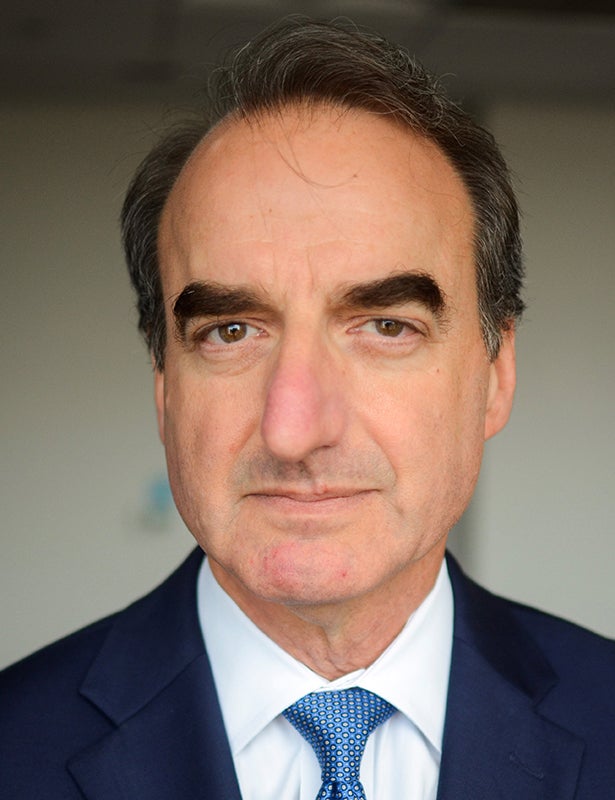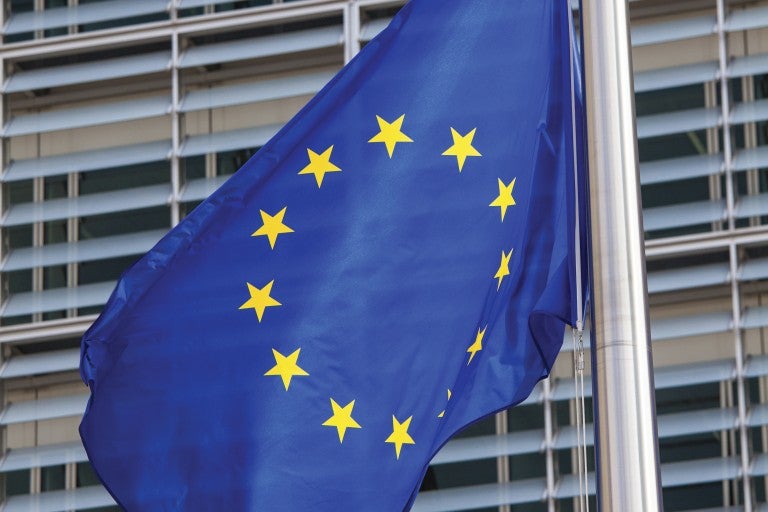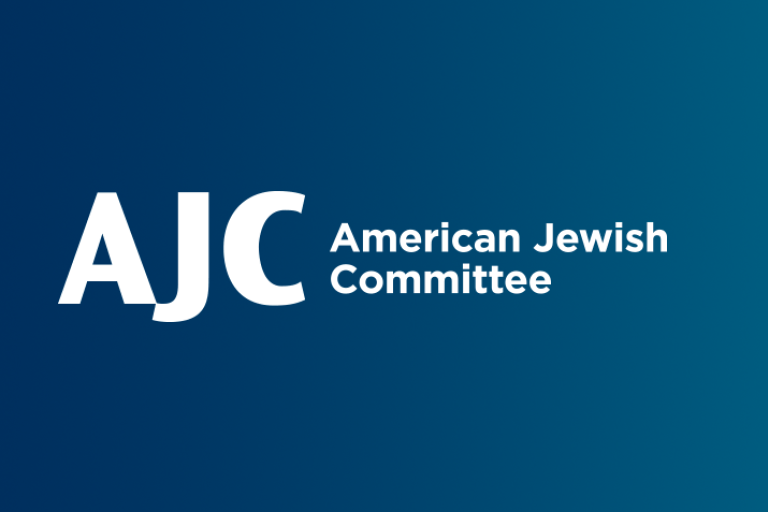January 28, 2015
Barack Obama's India visit, like Narendra Modi’s fresh approach towards Israel, marks a new era in global affairs. It’s a phase of unambiguous, unencumbered, unembarrassed alliance among the world's pre-eminent democracies
Amid pomp and celebration of this week’s state visit by US President Barack Obama, it is worth to pause and remember, how breathtakingly far and fast this crucial bilateral relationship has come. I vividly remember the meetings in New Delhi last spring, with key BJP leaders and close advisors to the former Chief Minister of Gujarat, Mr Narendra Modi, in the month before the general election, when, the unanimous assessment was that a Modi victory would usher in months, if not years, of chilly relations between the Prime Minister’s Office and the White House.
One advisor, made it clear, that his recommendation to Mr Modi would be to spurn any olive branch extended by President Obama for a private meeting on the sidelines of the UN General Assembly in New York that fall, let alone for an invitation to Washington, DC. The offense felt by years of State Department blacklisting Mr Modi over the 2002 Gujarat violence — dating from a refusal to grant entry to the US during the George W Bush administration — was simply too great. If America wanted to turn the page with the new and proud leader of India, I was told, it would just have to wait.
The wait, as it turned out, was non-existent. A succession of three Cabinet Secretaries — including the Secretary of State — was despatched to India over the summer to demonstrate the US President’s desire for warmer ties. The new Prime Minister was feted by the President and Vice President for two days in Washington in late September 2014, immediately after his address to the UN. Less than two months after that, it was announced that Mr Obama would pay his second presidential visit to India, and would be accorded the honour of keynoting the Republic Day ceremony by Mr Modi’s side.
The case for haste in restoring and vastly strengthening US-India relations — against the background of human rights concerns, missteps over the Khobragade affair, and the ongoing intellectual property disputes — is glaringly obvious to both sides. India and the United States, both pluralistic and fractious democracies, are not only natural friends (a friendship deepened by the civic engagement of three million Indian Americans); but they need each other, urgently.
America is a natural market, and a supplier for and investment partner in a dynamic India made more business-friendly under Mr Modi’s ‘Make in India’ framework — an initiative with ambitious goals and challenging deadlines. Indian technical and managerial talent will increasingly power the US economic success, and vice-versa, against increasingly fierce global competition.
Close Indian-American cooperation against common threats — instability in Afghanistan, terrorism and its instigation in Pakistan, energy dependence, climate change — is essential, if either country is to provide its citizens the enduring security they deserve. That cooperation already exists but on a scale insufficient to the challenge. Mr Obama’s visit, and the emerging partnership that Mr Modi has made plain he welcomes, presents an opportunity to reach far higher.
For too long, throughout and then after the Cold War, the US and India were ‘sometimes-allies’ — close but never too close; pursuing common objectives but diverging as our national interests dictated; trading partners, friends, but always wary friends. Non-alignment — even well past the dissolution of the Soviet Union — narrowed policy options, hardened attitudes, and impeded obvious synergies.
Mr Obama’s visit, like the fresh approach Mr Modi has displayed towards another state in a difficult neighbourhood, Israel, heralds a new Indian era in global affairs, an era of unambiguous, unencumbered, unembarrassed alliance among the world’s pre-eminent democracies.
Entrepreneurs, intelligence communities, medical researchers, agricultural and water-management experts and, most potently and gratifyingly, heads of Government have embraced the possibilities and vast benefits of the partnership. Political establishments in general — lawmakers, party aides, a wide range of officials — have been slower to grasp the realities and potential of a true alliance.
Intensified Government-to-Government exchanges, strategic dialogues, inter-parliamentary conferences, expanded sister-city arrangements, Fulbright scholarships and Humphrey fellowships — a full range of diplomatic and experiential programmes of the kind likely to follow this week’s summit — will broaden the constituency for alliance.
With more than two decades of experience in India, the American Jewish Committee, in concert with Indian American leaders, will continue to promote this critical alliance to decision-makers and opinion-makers in India and the United States — realising the vision that Mr Obama and Mr Modi, set forth this week.
(The writer is Associate Executive Director for Policy of the American Jewish Committee, a New York-based non-governmental organization)
This article was originally published by The Pioneer.



